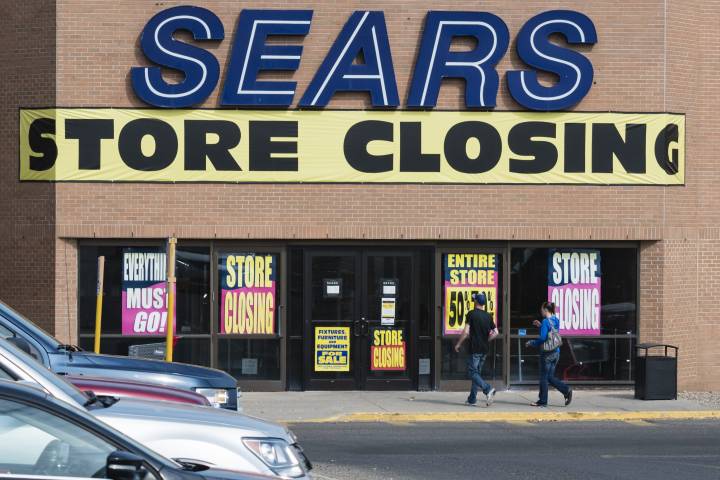A bankruptcy judge has blessed a $5.2 billion plan by Sears chairman and biggest shareholder to keep the iconic business going.
The approval means roughly 425 stores and 45,000 jobs will be preserved.
Eddie Lampert’s bid through an affiliate of his ESL hedge fund overcame opposition from a group of unsecured creditors, including mall owners and suppliers, that tried to block the sale and pushed hard for liquidation.
In delivering his decision today, U.S. Bankruptcy Judge Robert Drain for the Southern District of New York rejected the committee’s claims that the sale process was unfair and flawed, that it shut out any other parties who could have been interested in buying the business and that Sears had more value to its creditors if it died than if it lived.
Lawyers for Sears and ESL argued that the sale offered the best deal and also preserved jobs.
Lampert, a billionaire hedge fund manager, could avoid becoming the “cartoon character” his critics have painted him as, Drain said — a cross between Jay Gould, the Gilded Age robber baron, and Barney Fife, the blustery gullible sheriff on the “Andy Griffith” show.
Rather, Drain said, Lampert could “take action that would in fact be of great meaning” to the company’s constituents, particularly its workers.
Even with this latest reprieve, Sears’ long-term survival remains an open question.
Lampert hasn’t put forth any specific reinvention plans and the company still faces cutthroat competition from Amazon, Target and Walmart. Meanwhile, its stores look old and drab.
Lampert steered Sears into Chapter 11 bankruptcy protection in October.
The company’s corporate parent, which also owns Kmart, had 687 stores and 68,000 employees at the time of the filing. At its peak in 2012, its stores numbered 4,000.
Sears was hard hit during the recession and outmatched in its aftermath by shifting consumer trends and strong rivals.
It hasn’t had a profitable year since 2010 and has suffered 11 straight years of declining sales.
In the end, Drain determined that the sale of Sears to Lampert, for $5.2 billion, made sound business sense.
